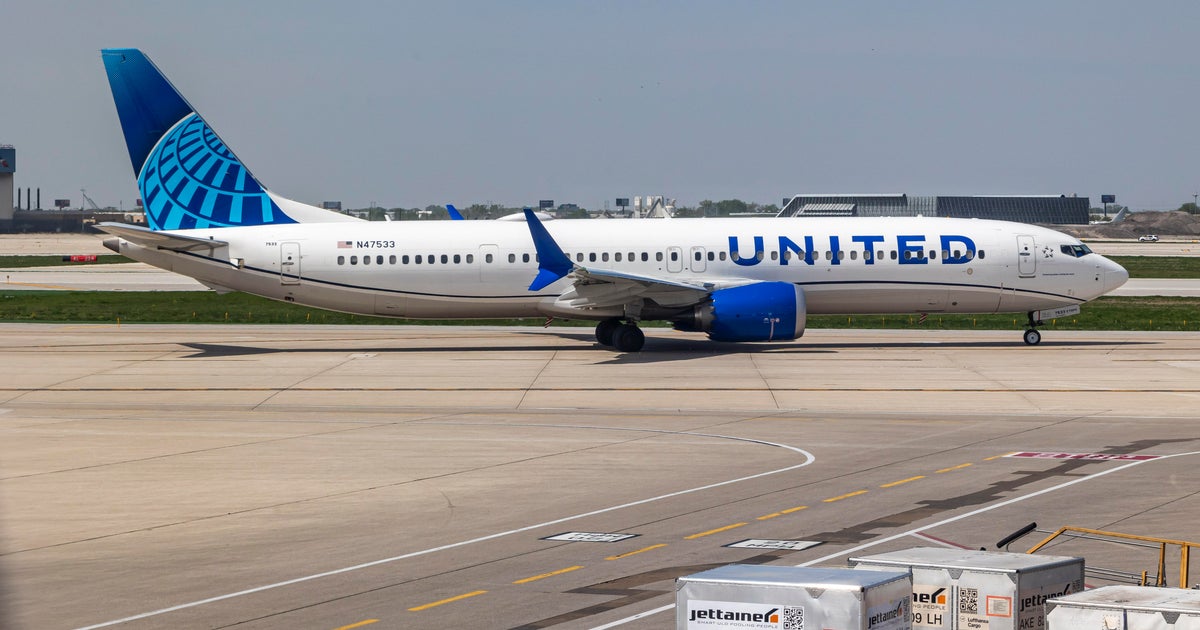Credit card rewards programs could be in jeopardy in new bill to reduce retailer 'swipe fees'
BOSTON – Consumers earn and spend billions of dollars in credit card rewards every year, but lawmakers in Washington, D.C. are considering a bill that some say could mean the end of those lucrative programs.
Whether it is a card that earns airline miles or one that pays you cash back for purchases, consumers who talked to WBZ-TV at Logan Airport are big fans.
"We definitely take trips with them," one woman said as she walked through the airport with her teenagers.
"I really enjoy my rewards," another traveler said.
For Brian Kelly, who is known as The Points Guy, rewards cards are his business. He said last year American households pocketed more than $60 billion in cash and rewards from these programs.
"The beauty of these travel cards is you don't need to be a frequent traveler or a millionaire to accrue really substantial rewards," he said.
But according to Kelly, a bill under consideration could put these programs in jeopardy.
"This is huge for all consumers, not just wealthy consumers. A majority of American households get cash back or rewards," he said.
The bill in question is called the Credit Card Competition Act of 2023 and the idea behind the legislation is to reduce the so-called "swipe fees" retailers pay every time a customer uses a credit card, which is usually about 2% of the purchase. The bill would allow more companies to process transactions, which should drive the cost down.
The problem, according to Kelly, is that those fees also fund the rewards programs.
"It's like taking our points and putting that into the hands of these huge retailers and it's not going to turn out well for consumers," he said.
Bill Rennie of the Massachusetts Retailers Association sees it differently, saying that smaller retailers are struggling under the weight of those fees.
"For retailers, after labor, credit card fees are probably your second highest cost," he said. "So we all love our rewards points, whether it's miles or cash back, or whatever. But we have to recognize there a cost to providing that, and it's a significant cost."
Rennie also said that retail pricing is incredibly competitive, and the elimination of those fees would leave room for retailers to reduce their prices.
The travelers we spoke with said eliminating rewards programs would have real consequences for their families.
"I just really want to keep it, it's helping me pay for my vacation," one traveler said.
"We definitely use them for our family to take vacations so that would probably mean less vacations," another woman added.
According to Kelly, the money collected from those fees is also used to help provide refunds to consumers who are victims of credit card fraud.
The Massachusetts Restaurant Association is also in favor of the bill to reduce swipe fees. Massachusetts is one of the only two states that does not allow restaurants to add a surcharge to cover those costs.








